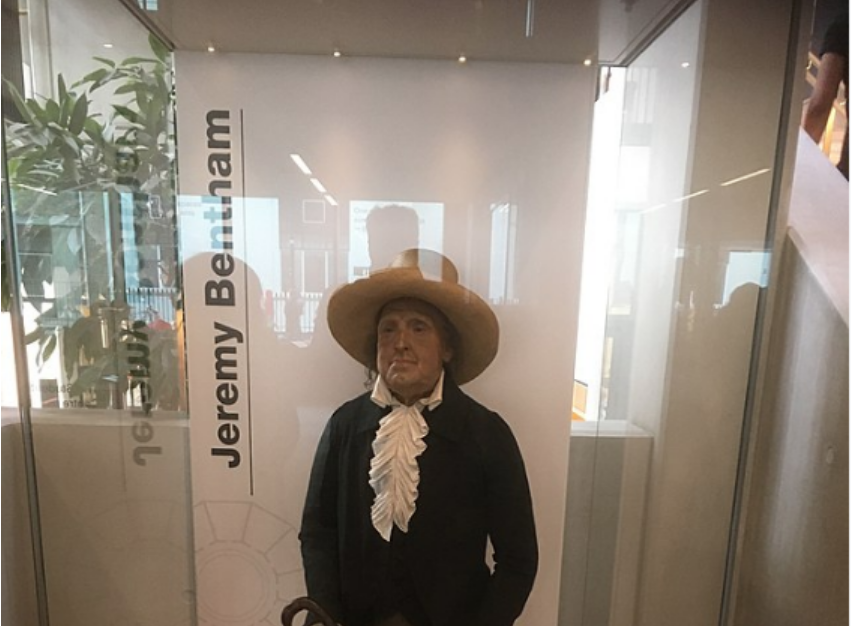PT Usha as the Indian Olympic Association (IOA) president is long overdue. She is a legend, an idol, and I am a great admirer of hers. I am thrilled that a former sportsperson whom I’ve always idolised is set to become IOA’s first woman president.
A player-president can make a lot of difference because he or she can empathise with current players. I say this because I have not been fortunate enough to experience a good administration and was targeted for one reason or the other. Despite being a consistent player, I didn’t get the support that I now know I always needed.
Further, while it is important for a sportsperson to be at the helm of IOA, only an equal blend of sportspersons and administrators can make the organisation function effectively. It is a sportsperson’s expertise coupled with the political and analytical thinking of an administrator that can lead to a well-rounded association.
Usha can make a difference as a woman president, provided she is given the space to do so. Truth be told, positions of power come with great responsibility, and often, there is more to it than meets the eye. This I am learning today while running an academy. One has to be careful, balancing the need to please everybody, while ensuring that no one is upset by any of your decisions. This is a tough line to walk. It is not going to be easy for Usha, but I hope she is able to bring about some kind of visible change.
With regard to the new IOA Athletes Commission, I hope it does not succumb to the pressures that I have seen athlete bodies do. I remember wanting to be a part of a vibrant players’ association, but I learnt that it can be very stifling. This is why I believe that if Usha makes perceptible changes in IOA, gives the Athletes Commission more freedom in decision-making and ensures that athletes across the board feel secure and confident in the organisation, it will be a big win for sports in India.
In an organisation filled with aspiring and seasoned sportspersons, all voices must be heard. While the former will need a steadfast organisation to support them, the latter will need to reinforce the importance of the platform because they know what it’s like to be on the other side.
I believe that if we all come together, we can effect change. This goes beyond being on the Commission. Sportspersons have to be vocal, they have to talk, and most importantly, they have to walk the talk. This much is clear. This is why I emphasise the need for visible, palpable change, which people cannot deny. And while history has been a tough teacher to me, making me a bit of a sceptic, I remain hopeful for the future of the organisation with one of my own at the helm.
Usha should advocate for more freedom for players within the Association. This will ensure that the IOA prioritises the welfare of all players. This welfare goes beyond sports and includes problems of all kinds that sportspersons often endure — from mental health issues to harassment, and even as dire as sexual harassment. As a sportsperson myself, I know that several cases of harassment and exploitation exist within the system, with several athletes unable or afraid to talk about it. A truly open line of communication between players and the organisation is urgent for players to truly excel in their sporting endeavours.
Players who wish to represent the country and bring home triumphs and trophies need to feel safe. They need to know that the pressures that come with the sport are left on the field, and that the organisation always has an open, ready, and willing channel of communication, where the fear of constant scrutiny is left behind; where the association looks after its players so that no matter the problem, big or small, they help them get through it; where players are treated with the respect and dignity that they deserve so that they don’t have to resort to the media or courts to help them fight their battles. The time of victimising the victim must end, now.
As Usha takes over IOA, I hope that these aspirations are met, so that every player, no matter who they are, is seen, understood, and most importantly, given the voice that they need to take that sport forward.
Jwala Gutta is a former Indian badminton player. She and Ashwini Ponnappa remain the only Indian women’s doubles pair to medal at the BWF World Championships
The views expressed are personal












q.jpg?itok=g0oVnLiz)



